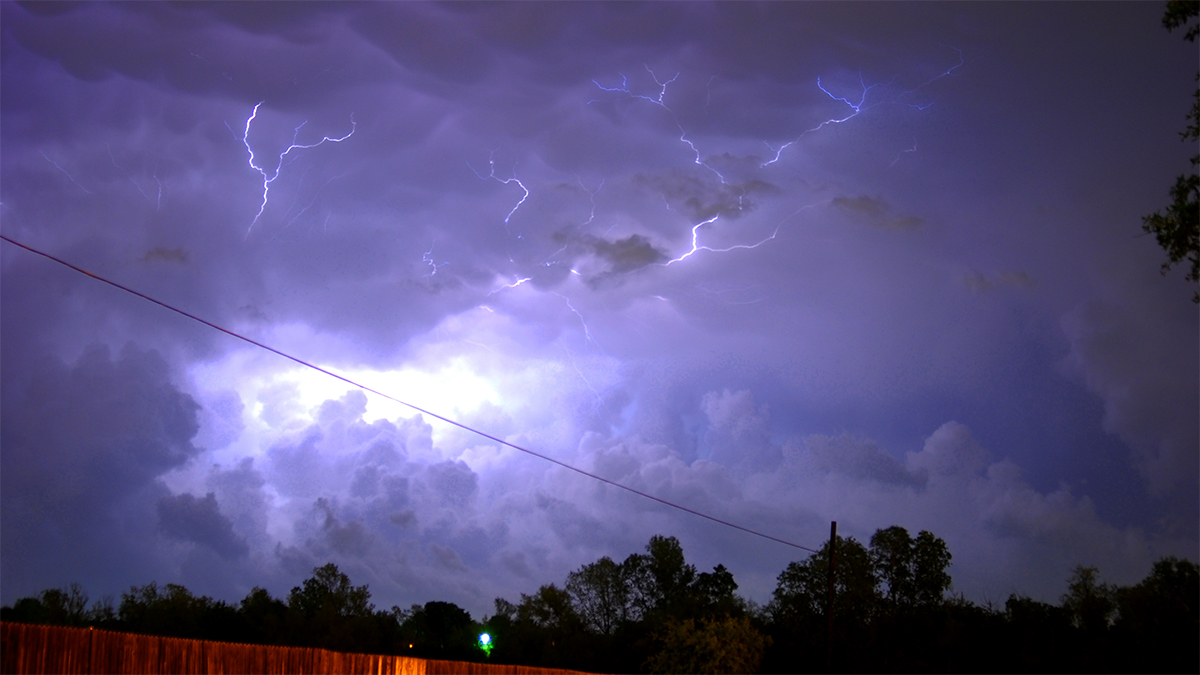Deadly blood infections persist in Illinois' understaffed nursing homes, according to a joint news investigation.
The Chicago Tribune and Kaiser Health News found that about 6,000 Illinois nursing home residents a year who were hospitalized had sepsis, a bloodstream infection that can quickly turn fatal if not if not cared for properly. About 1 in 5 didn't survive, according to an analysis conducted for KHN by Definitive Healthcare, a private health care data firm.
Sepsis is developed in bedridden patients with pneumonia, urinary tract infections and other conditions, including pressure sores. Sepsis can be prevented by turning immobile people every two hours and taking other precautions, patient advocates said.
But nursing homes around the country have failed to prevent bedsores and other infections that can lead to sepsis, and both advocates and regulators blame poor staffing levels.
Illinois nursing homes have among the lowest staffing levels for nurses and aides in the country. Staffing levels at about 78 percent of the facilities in the Chicago area fall below the national average, according to an analysis of government data.
Illinois nursing homes also fall below national norms for risks of pressure sores or failure to properly treat them. About 60 percent of Illinois nursing homes have been cited by inspectors for this deficiency, records show. Only three other states were cited more frequently.
Matt Hartman, executive director of the Illinois Health Care Association, said low staffing is an issue that diminishes the quality of nursing care. The association represents more than 500 nursing homes.
Local
Hartman said Illinois' Medicaid payment rates for nursing homes are lower than most states, at an average of about $151 a day per patient. Medicaid accounts for about 70 percent of the revenue at many nursing homes, he said.
Transferring residents suffering from sepsis to hospitals can also be costly. Medicare pays Illinois hospitals more than $100 million annually for treatment of nursing home residents for sepsis, according to an analysis of Medicare claims. Most of the Illinois nursing home residents being treated for sepsis come from Chicago-area facilities, the analysis found.



